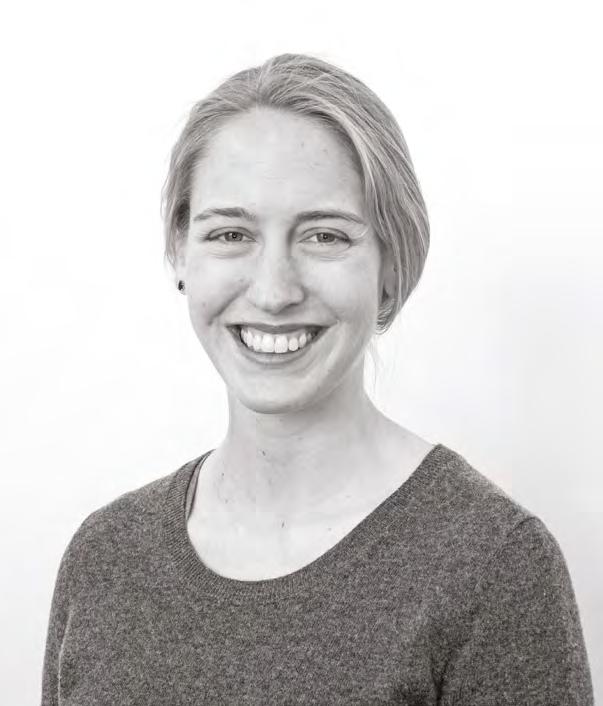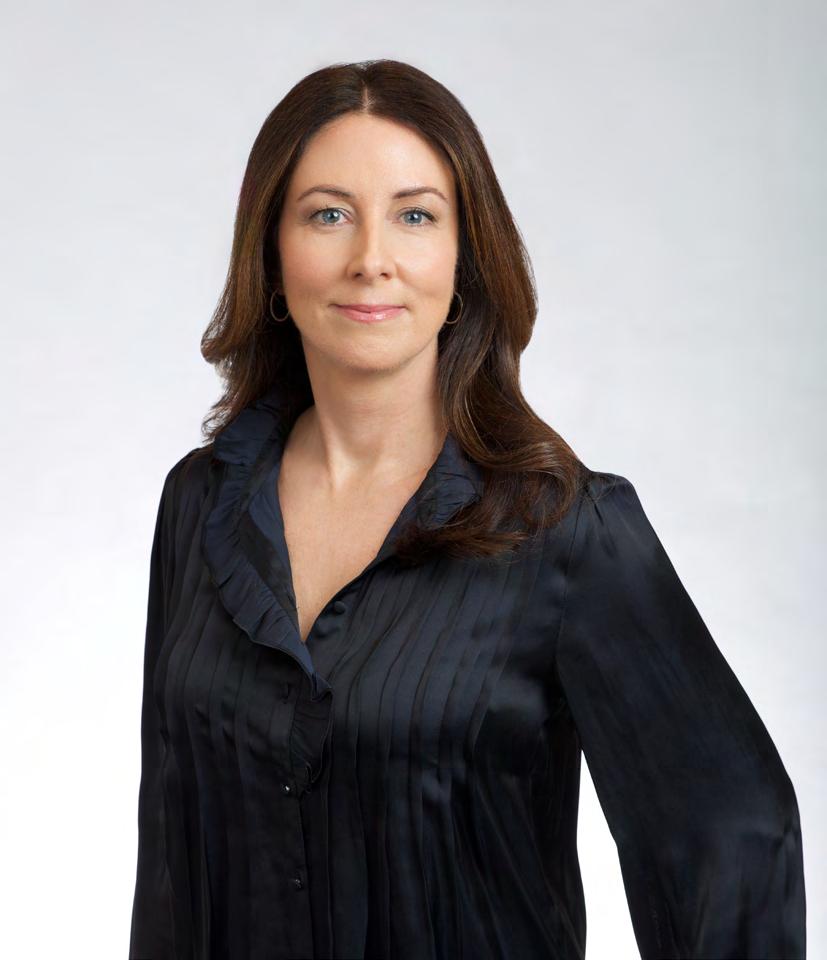
6 minute read
Ayusha Mahajan Digital Media Team
Ayusha is a creative professional and recent English Language & Literature graduate from the University of British Columbia. Born in India and raised in the Middle East, she uses a culturally perceptive and empathic approach to her writing and storytelling with the aim of diversifying ways of thought.

Advertisement
Driven by the belief that social media and the internet foster a more connected and authentic society, Ayusha values the cultural insights global leaders bring to business. She promotes intercultural communication as a tool to dismantle barriers and open new opportunities, envisioning a united entrepreneurial platform for social change and inclusive growth.
However, she soon found herself in a predicament – she didn’t have a business idea.
ice cream empire from Florence or Italy, where she knew little about the sector and competition was already fierce, seemed impossible. Driven to find the ideal country to launch her venture, she meticulously crafted a list of macro and microeconomic criteria akin to BCG’s approach. This list was uniquely balanced with her personal preferences, illustrating a blend of strategic and individual decision-making.
In the end, Turkey emerged as the obvious choice. This was back in 2010, when the country was still basking in the afterglow of a booming economy, despite the global financial crisis, and Erdogan’s rule had not yet shown its controversial side. Articles in ‘Il Sole 24 Ore’, the Italian equivalent of the Financial Times, seemed to sing nothing but praises for Turkey’s economy. Add to that the fact that Istanbul alone boasted a population of 18 to 20 million people, more than the entire population of the Netherlands, and it made sense to try and crack the market in this city.
None of the possibilities she explored, like retirement homes and bottled mineral water, appealed to her. Eventually, her love for food guided her path. She dissected the value chain, considering production and distribution and settling on retail for direct consumer exposure. After a structured thinking process, Elena narrowed her options to a bakery, a pasta bar, and...
An Ice Cream Empire in Istanbul
The reasoning was multi-layered; the initial investment was significantly lower compared to other options, an ice cream shop being around just 40 square meters. Although the equipment was costly, fitting and setting up the shop was relatively cheaper. Furthermore, the gross margin was staggering, around 85%. After all, she was selling sugar, either milk or water and air. This promising business model left sufficient resources for staff salaries, rent, marketing, and profit.
Equipped with a business plan and fueled by her entrepreneurial drive, Elena journeyed to Turkey, balancing her part-time real estate job while investigating the local market and setting up a professional network to aid in launching her venture. However, life threw a curveball when her proposed business partner could not deliver the promised funding, leaving her venture in limbo.
In this precarious situation, Elena discovered her latent networking skills, raising the necessary funds for her venture and its future growth. It was an exhilarating journey, full of unexpected twists and turns, teaching her valuable lessons that she likens to an ‘additional MBA.’
As a young professional, Ayusha appreciates the mentorship in search funds, representing collaboration and shared success. She is dedicated to narrating leaders’ stories, harnessing the power of mentorship, and envisions an empathic society where collaboration and shared triumph redefine the narrative of progress and prosperity.
She toyed with the idea of pasta but quickly realized that ice cream was a treat while pasta was more of a meal. This subtle difference drastically affected the consumers’ willingness to pay. It was more accessible for people to shell out four euros for an ice cream, but ten euros for a quick pasta seemed steep.
Returning to her home in Florence after globetrotting for her education and real estate career, she was adamant about staying put. However, building an
One key learning for her was humility and realizing the uncertainty inherent in the entrepreneurial journey. As opposed to her time at BCG, where forecasts were in known environments, and history was a reliable predictor of future performances, the reality of a startup was a blank canvas, full of potential but devoid of predictability. And from this learning, Elena set forth to navigate the unfamiliar waters of her ice cream venture.
“Through repeated tweaking, fine-tuning, and an unrelenting pursuit of comprehension, I started uncovering the secret recipe for my business model.”
The Turkish landscape started shifting. Once a rich fertile ground for ventures like Elena’s, the economy began to wobble under Erdogan. As a result, the once lucrative margins were getting slimmer, and with each new shop’s launch, the risk of failure loomed larger. Initially planning to set up 20 to 30 shops before stepping back, she saw the terrain becoming increasingly challenging.
“Eventually, I passed the torch to a local player, whose family-run approach proved instrumental in keeping the business alive and thriving.” expansion. To overcome this, she joined programs to expose these startups to the U.S. market, a pivotal step towards international recognition. Brimming with ambition, fearlessness, and top-notch engineering skills, working with these Turkish startups was incredibly rewarding and inspiring. However, the winds of change kept blowing, and she decided to leave Turkey in 2017.
After the sale, she found herself in the throes of endless possibilities. Should she dive back into entrepreneurship, stay in Turkey amid its growing complications as a lecturer for Koç and Sabanci University, where she was teaching entrepreneurship and innovation courses, or return to the corporate world? These dilemmas paralyzed her for a year until she started experimenting, leaning into what she enjoyed and eschewing what she didn’t. That exploratory phase brought her to İTÜ ARI Teknokent, a Turkish incubator and colossal enterprise receiving 10,000 applications per year from startups wanting to participate in their program. This experience allowed her to mentor, guide, and nurture numerous ambitious startups, ranging from IoT to virtual reality, all trying to leave their mark in the complex and vibrant Turkish market. These years, filled with the infancy of blockchain, machine learning and virtual reality, were a whirlwind of excitement and innovation.
“My decision coincided with two significant events - meeting my future Turkish husband and relocating back to Italy.”
Back home, she joined H-Farm, an enterprise that married her love for entrepreneurship with her consulting experience. Here, she was immersed in cutting-edge technology, e.g., a very early adoption of GPT. The company’s unique approach, unconstrained by individual sales objectives, resonated with her belief in authenticity and value-driven service.
Thus, the tapestry of her journey, woven with various threads of entrepreneurship, consulting, management, and technology, led her back to Italy. From opening shops to mentoring ambitious startups, her past experiences served as the stepping stones to her present and will undoubtedly shape her future. Yet, even as she journeys forward, she remains firmly grounded in the wisdom of her past, continually embracing the lessons embedded in failures and successes alike.
“Diversity of experience is what makes me what I am today,” she says, “it helps me unpack and understand how to approach new situations.”
The Power of Innovation at H-FARM
tainability and is deeply concerned about the global economy’s dismissive attitude toward specific individuals and communities. She is disturbed by instances such as child labour in cocoa harvesting and the exploitation of workers in cobalt mining for our everyday luxuries. These harsh realities have inspired her to act, aiming to become an independent board member in Italian companies to fight against these inequalities while offering support through her experience in internationalization, innovation, digitalization, and overall strategy. In this quest, Elena also prioritizes her personal life, seeking to ensure she has ample time to devote to her husband. Success, for Elena, is thus a balanced blend of professional achievements, social activism, and nurturing her relationships.
In conclusion, Elena’s entrepreneurial journey is a testament to her resilience, curiosity, and willingness to defy conventions. Furthermore, her story serves as a reminder that success is not just about financial gain but about fulfillment, impact, and continuous growth. As she navigates the ever-evolving business landscape, Elena continues to inspire other aspiring entrepreneurs with her commitment to innovation, social responsibility, and personal growth.
Elena’s story embodies the hero’s journey in its truest form, from overcoming initial challenges, seeking growth, and coming full circle with a richer understanding of herself and the world. Her perseverance, curiosity, and courage to learn and adapt continuously resoundingly demonstrate that one can transform challenges into opportunities for growth. Her odyssey truly embodies the evolution of a business maverick.
But amid the innovation and growth, she felt an unease. The complexity of Turkey’s economy was stunting the startups, entrapping them in a cycle of local growth and distracting them from international
Elena’s work with H-FARM Innovation, now operating as MAIZE, demonstrates her commitment to pioneering projects. From developing a marketplace for beauty professionals to advising startups, Elena brings her wealth of experience to the forefront. She describes the organization as a “Thiel organization,” marked by decentralization, competence-based hierarchy, transparency, trust, and strong community culture. It provides a stimulating environment for her, as she views success not as an individual accomplishment but as a shared victory with her work community. It’s manifested in successful complex projects, satisfied clients, created value, increased revenues or margins, and tangible improvements brought by new solutions, methodologies, or frameworks her team develops and applies.
Beyond her work, Elena values social sus-










